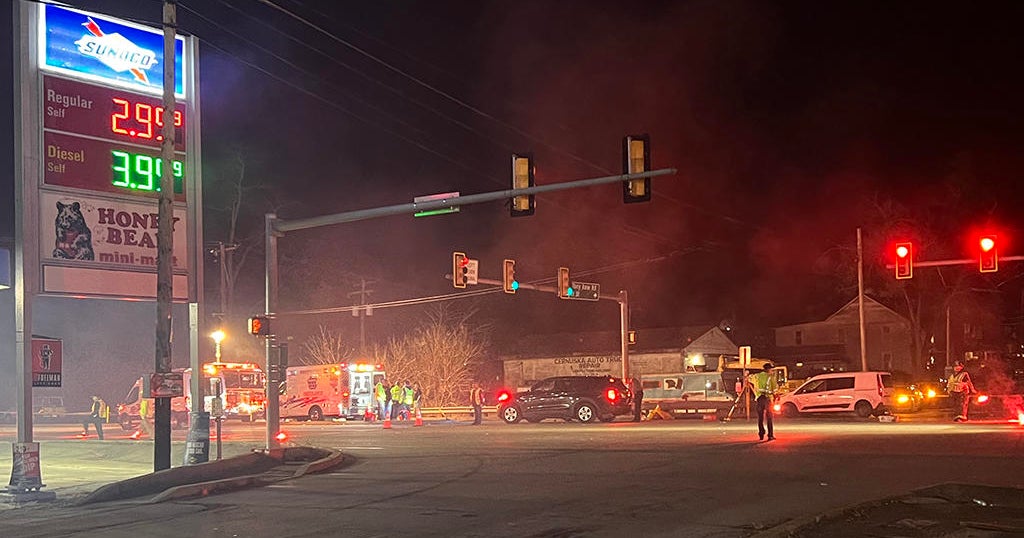Senate panel OKs rail-safety bill; Norfolk Southern vows to help homeowners affected by Ohio derailment
A Senate committee on Wednesday approved a rail-safety bill introduced after the derailment of a freight train in East Palestine, Ohio, but its fate remains uncertain due to significant Republican opposition.
The bill, sponsored by Pennsylvania Senators Bob Casey and John Fetterman, would increase inspections of trains carrying hazardous materials, require the use of technology to detect track defects, and sharply raise penalties on railroad companies for crashes.
The Senate Commerce Committee advanced the bill one day after Norfolk Southern renewed a promise to create a fund for residents near the site of the Ohio train wreck to cover any decline in home values since the February derailment.
Norfolk Southern Corp. CEO Alan Shaw said in a letter to committee members that the railroad expects to compensate homeowners within about 5 miles (8 kilometers) of the crash if they sell their homes for less than the property was appraised before the derailment. He said the railroad expects to start making payments within a year.
On Feb. 3, 38 railcars derailed in East Palestine, 11 of which carried hazardous chemicals, with some spilling into nearby waterways. Half of the town's 5,000 residents were evacuated as emergency responders burned off chemicals to prevent an uncontrolled explosion.
Images of the black smoke and stories about families forced to leave their homes led lawmakers to call for action to improve rail safety. The bill that emerged was approved by the Senate panel on a 16-11 vote, with all but two Republicans opposing the measure.
One of those Republicans supporting the bill, J.D. Vance of Ohio, argued that the measure is necessary to stem an increase in rail accidents.
"There will be another East Palestine in this country if we do not pass the Railway Safety Act. It's that simple," Vance said. "Yes, it may make rail transportation a little bit more expensive, but it's going to make rail transportation a little bit more expensive in the service of safety."
But Sen. Ted Cruz, R-Texas, said the bill would give too much power to the Biden administration to restrict rail shipments of coal, oil and other fossil fuels "that the radical green movement hates."
Cruz said the bill is unlikely to get the 60 votes it would need to pass on the Senate floor, or to win passage in the GOP-controlled House, unless changes are made to restrict the administration's rulemaking power over railroads.
The bill has been the subject of bipartisan negotiations that resulted in changes to the original version introduced by Sen. Sherrod Brown, D-Ohio.
Ian Jefferies, president of the Association of American Railroads, said those negotiations have improved the bill, but "challenges remain with certain provisions," including a requirement for at least two crew members on each train.
In his letter late Tuesday to committee members, Norfolk Southern CEO Shaw said that while the company has accrued nearly $400 million in charges for the derailment, that doesn't include compensation for falling property values, long-term health care or water treatment. It also does not reflect payments the railroad will receive from insurance.
The federal government, the state of Ohio and residents near the crash have all filed lawsuits against Norfolk Southern.
Shares of Norfolk Southern Corp., based in Atlanta, rose a fraction of a penny in trading Wednesday.



